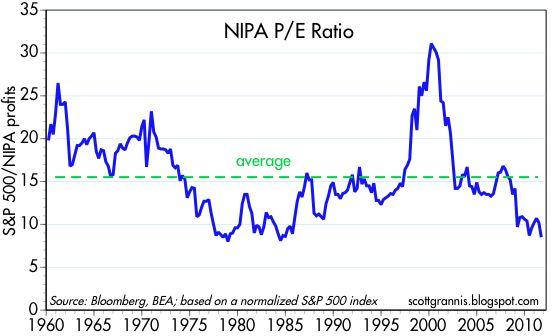- Joined
- Jan 2, 2006
- Messages
- 28,172
- Reaction score
- 14,267
- Location
- Boca
- Gender
- Male
- Political Leaning
- Independent
But, in simple terms, what happens to small business, and even larger business when their bottom line profit shrinks?
Profit tends to shrink primarily from two reasons. Either company sales (demand) are slumping, or their input costs (supply) are growing faster than their sales. Considering our actual situation, what do you think is the largest risk to shrink profits for small businesses?

